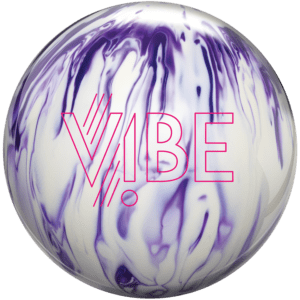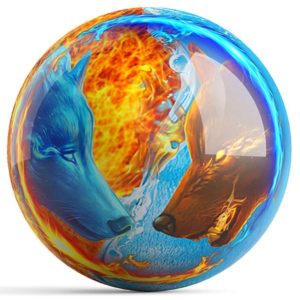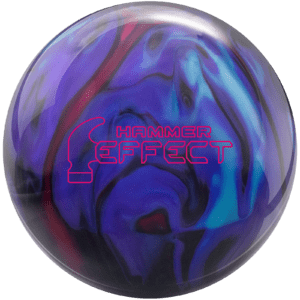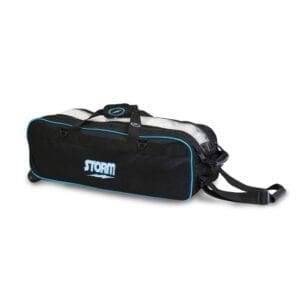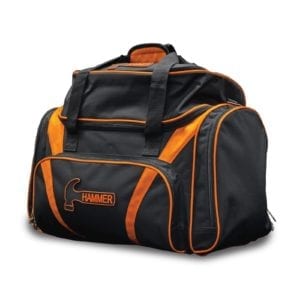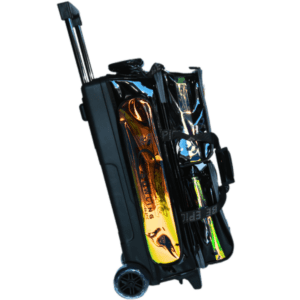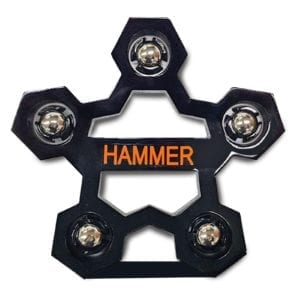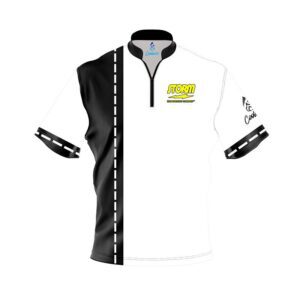Bowling Tips & Coaching Articles, Michael Cousins Bowling Blog, Surface & Layouts
Bowling Ball Surface – When and How to Use It
How To Surface Your Bowling Ball For The Conditions At Hand
By Michael Cousins
[addthis tool=”addthis_inline_share_toolbox”]Understanding surface and how to use it to your advantage can be one of the most advantageous aspects of bowling.
Knowing how and when to use surface can increase your margin for error and improve your scores with the brush of an abralon pad.
However, if you use it improperly or at the wrong time, the results can be quite the opposite.
Before you grab a 500 grit abralon pad and go to town on your ball before league, you need to first understand if more surface will match up to your natural tendencies and/or what you’re trying to do. 
When it comes to me, for example, I almost always use surface. I rarely — if ever, honestly — use polish. For me, a “shiny” ball is usually at 3000. The reason for this is pretty simple: it doesn’t match up to my game.
I’m pretty firm with my ball speed and I naturally get the ball out onto the lane a fair bit. Both of these naturally help get my ball down the lane. So when I use polish — which also gets the ball further down the lane before it motions — my ball typically misses it and drills the 3 pin in the face.
That doesn’t mean that’ll happen to you, though. In fact, it could be quite the opposite.
If you naturally lay the ball down very early, have a very heavy ball roll, and are slightly rev-dominant, smoother surfaces or a little polish might be exactly what you need to help improve your game.
Like so many things in bowling, it really comes down to knowing your own game and your game’s tendencies; what works for one, in many cases, may not work for another. That’s bowling.
Know The Variables When Bowling To Help Match Up Surface To The Oil Pattern
There are obviously other variables you need to consider when choosing if surface is right for you. Sometimes, even though surface typically matches up with your natural tendencies, it may or may not match up with the surface you’re bowling on or the pattern/time you’re trying to use it.
If you’re bowling on a very bad surface late in the day, surface probably isn’t going to give you your ideal reaction. Even for me, in those cases, I’m typically using 3000-4000 grit bowling balls — and in some cases, maybe even some polish.
Bowling is full of variables. Obviously. We all know that. And this is just another one. All of these variables are what make our game so difficult, but understanding these variables and understanding how to combat them is just another part of the equation.




